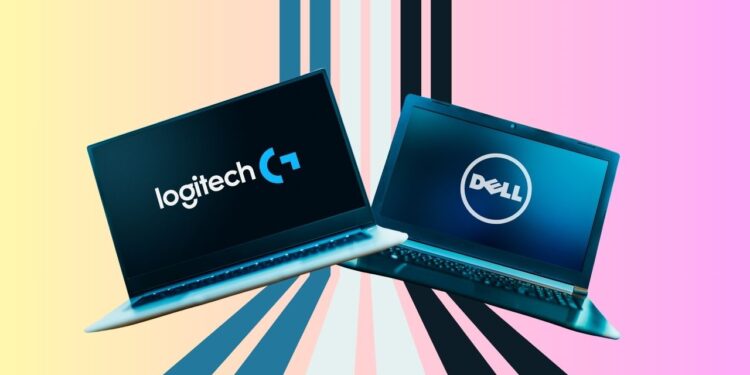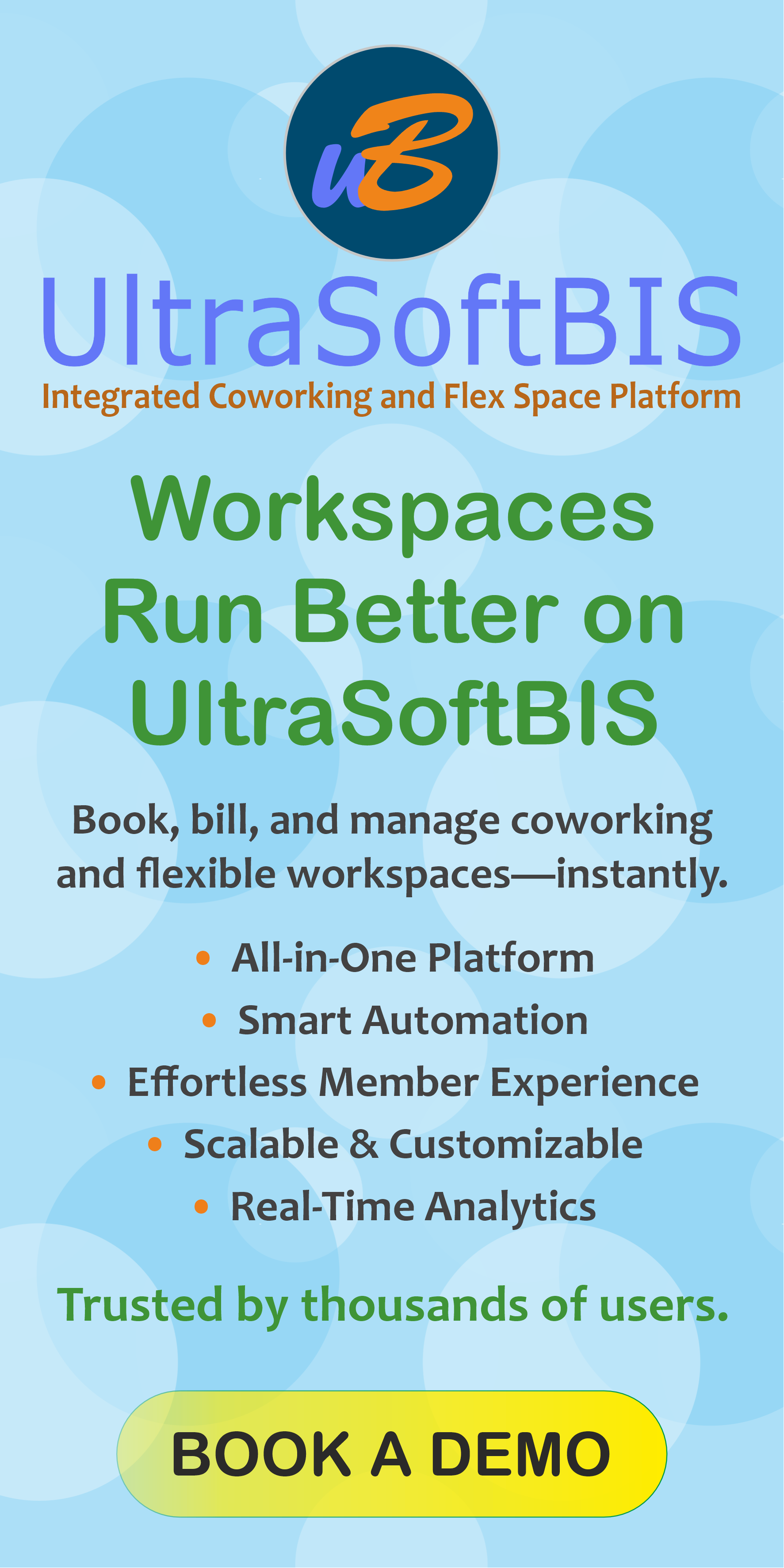Organizational culture and flexibility aren’t internal-only issues. They shape your innovation, employee experience, and ultimately, your bottom line.
How can a company that resists flexible work expect to design for a workforce that embraces it?
You can’t create for what you don’t live. And you don’t live what you don’t experience.
If you’ve never hosted a virtual meeting on a laptop, you might miss that some premium models once placed webcams below the screen.
If you’ve never worked from a crowded cafe, you might underestimate the value of noise-canceling mics.
If you’ve never recorded a podcast or webinar, you might not have faced the dilemma: camera or screen?
If you’ve never scrambled to make a workspace on the go, you might not realize how often mainstream tools exclude people who work outside the “average” mold.
Work today is mobile, personal, and flexible. And the companies building the most relevant tools are led by teams who live that reality, not just read about it.
Flexibility and DEI aren’t isolated initiatives. They are core values that impact who joins your team, how you build, and what you produce. Or they don’t.
Many organizations treat remote work and inclusion as separate HR topics. But those decisions affect every aspect of your business, from leadership and learning to market strategy and innovation. They shape the products you develop, the audiences you reach, and the value you deliver.
Consider Dell and Logitech. Both are household names in tech. But their workplace strategies, and the impact on their performance, tell two very different stories.
In early 2024, Dell restricted opportunities for remote employees, barring them from promotions and internal moves. That policy didn’t just shape internal dynamics. It discouraged first-hand experience with flexible work — effectively disconnecting Dell’s workforce from the customers it aims to serve.
The result? Dell’s Client Solutions Group saw a 16% drop in revenue and an 8% decline in operating income year-over-year by the end of 2024.
Now compare that with Logitech.
Logitech’s approach starts with the understanding that the best products come from teams who understand their users — because they are their users. Delphine Donné, general manager of personal workspace solutions at Logitech, shared on The Future Of Less Work podcast how real-world experience drives meaningful design.
“It’s understanding that everyone has different needs,” Donné said. ” Some people work at home, some in the office. Some have very complex tasks, and some want something very simple. Understanding the diversity of the future of work drives how we integrate innovation into our products.”
When Donné began leading her team in 2018, women made up just 28% of the group. Today, that number has reached 50%. This wasn’t about checking boxes — it was about building a team capable of empathizing with a global, diverse customer base. Tools like the Lift mouse, tailored for smaller hands, were directly born from inclusive design thinking.
But Logitech’s success goes beyond design. Its own workforce lives the remote and hybrid experience. Distributed teams learn to collaborate across time zones, balance work with life, and innovate within flexible models. Flexibility isn’t a perk—it’s a product strategy.
The tools built for creators, digital nomads, and hybrid professionals reflect the day-to-day realities of the teams behind them.
As Donné put it: “This culture of diversity and inclusion, how you bring people into the conversation, what tools you give them to be successful and be at their best, that’s what drives better products and better business outcomes.”
And it shows in the numbers. In 2024, Logitech’s Personal Workspace Solutions group helped lift the company’s operating income by 28% year-over-year.
At a moment when some companies are backtracking on flexibility and dialing down DEI, Logitech offers a different path. One where alignment between culture and customer drives better solutions, deeper loyalty, and real growth.
The link between culture and product is direct. Decisions about how teams work impacts morale as much as they shape market relevance and business success. The companies poised to lead are the ones creating from experience, not theory. And that starts with a flexible, inclusive, and lived culture.


 Dr. Gleb Tsipursky – The Office Whisperer
Dr. Gleb Tsipursky – The Office Whisperer Nirit Cohen – WorkFutures
Nirit Cohen – WorkFutures Angela Howard – Culture Expert
Angela Howard – Culture Expert Drew Jones – Design & Innovation
Drew Jones – Design & Innovation Jonathan Price – CRE & Flex Expert
Jonathan Price – CRE & Flex Expert












